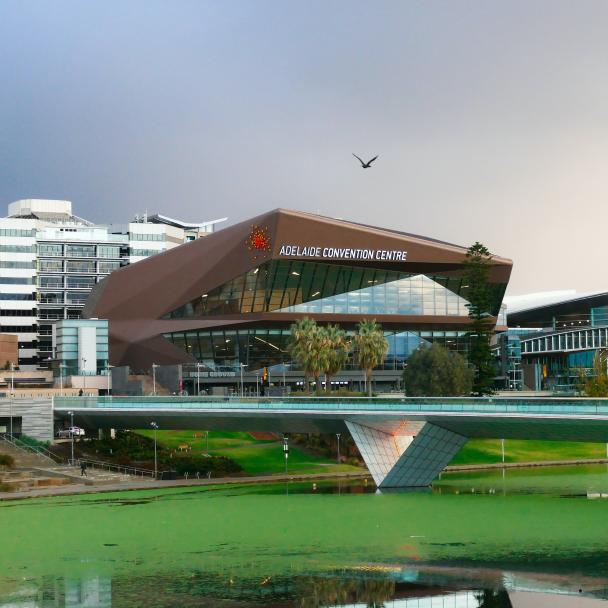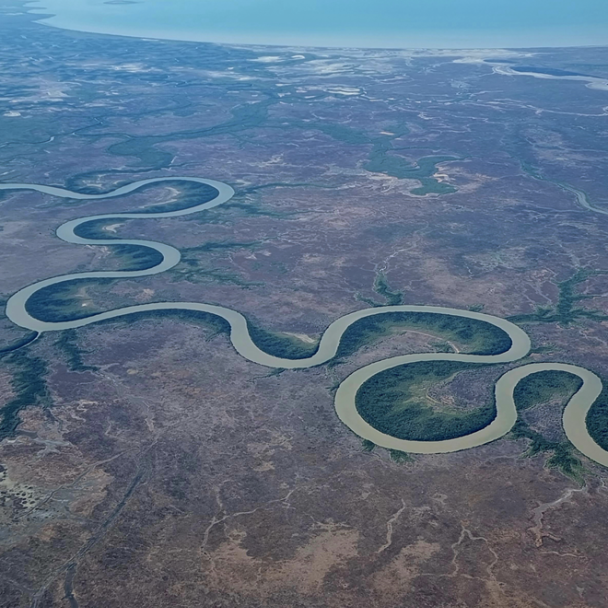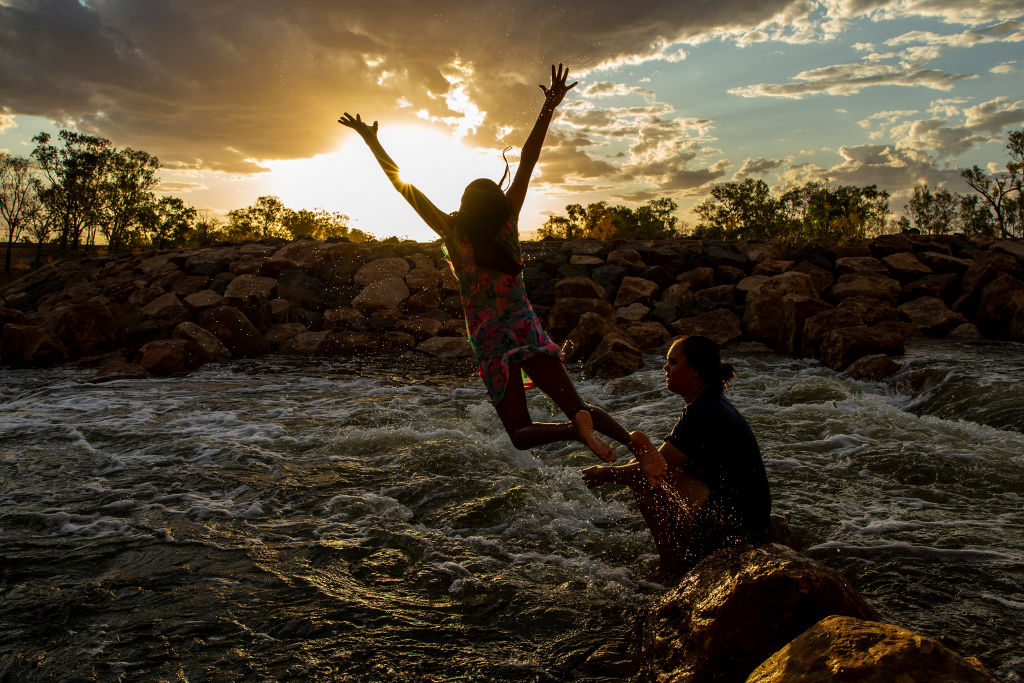What we do
Overcoming Australia's biggest challenges in water and catchment management will come down to how policy decisions are made. While we do not make policy ourselves, we help make good policies happen through better policy processes. We achieve this in three main ways.
We are improving how decisions are made so Australians see water and catchment policy and management as fairer and more legitimate.
We engage
Australian water management has a history of conflict and deep levels of mistrust across stakeholder groups and governments, with governments struggling to navigate through the maze of stakeholder positions. As a result policy reform has stalled because stakeholders don't trust governments.
We engage with all stakeholders to build trust and mutual understanding, so together we can overcome the barriers to better water policy decisions.
We bring stakeholders and policymakers together, guiding conversations and forums that allow all voices to be heard and new ways forward to be found.
We innovate
Australia needs new, better ways of making water policy; ways that don't shut down debate, weaponise evidence and exclude our fellow citizens, leading to the same old deadlocks.
Our focus is on creating processes that are more inclusive, legitimate and fair, rather than sticking with processes that don’t genuinely involve stakeholders and lead to ‘deadlocks’.
We offer new insights, new ways of seeing things and new ways of making policy so we can together make better decisions about our water.
We empower
We all want the power to have a say in matters that affect us. And we all want our policymakers to be equipped with the capability to make the best decisions possible. As an independent, impartial third party, Watertrust has a tremendous opportunity to help make this happen.
We advocate for and support better policy-making processes across the water sector.
By showing the value of our work in practice and sharing what we learn, we build the capacity of governments and citizens to engage with better policy decision-making processes.
Watertrust in action
To see what this means in practice, dive into these examples of our recent and current projects.
How we are different
To maintain our independence and impartiality, it's important we don't do some things.- We don't take sides - We do not support any particular group to the exclusion of others, but rather aim to have all stakeholders meaningfully participate in decision-making. We work with but not for governments or stakeholders so we can explore issues and find ways to move forward impartially.
- We don't get paid by anyone we work with - We don't receive payment from any group we work with. We are funded by an independent group of philanthropic organisations that don't have any ties to water policy.
- We don't push any particular policy agenda - We do not advocate for particular policy outcomes. Instead, we promote more inclusive processes for policy decision-making, to help find fair ways through deadlocks that are blocking policy outcomes for stakeholders.
- We don't cherry-pick - We do not focus on using discrete data, evidence or knowledge to support positions on issues or policies. Instead, we use all available information to support productive debate among stakeholders to explore policy options.


